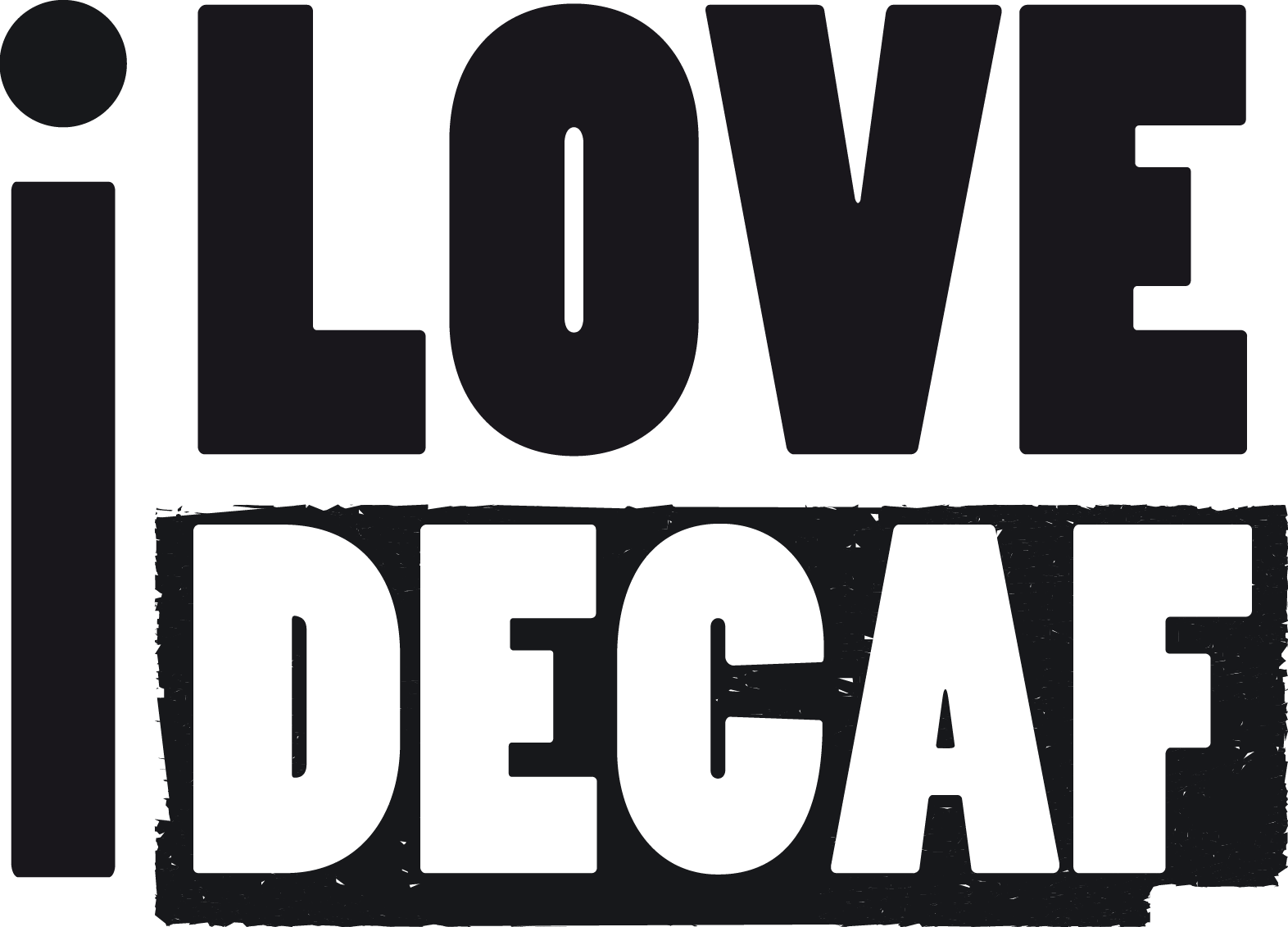How environmental responsibility and ethical sourcing are driving the UK’s decaf revolution
The Conscious Coffee Movement
Picture this: You’re standing in your kitchen, holding a bag of coffee, and for the first time, you’re actually reading the fine print. Where did these beans come from? How were they processed? What chemicals were used? Are the farmers getting paid fairly? And perhaps most importantly – does this align with my values?
Welcome to conscious coffee consumption, where your morning cup becomes a daily vote for the kind of world you want to live in. And increasingly, that vote is going to decaf.
Not because conscious consumers don’t like caffeine (though many are cutting back), but because the decaf industry has become a surprising leader in sustainable, ethical coffee production. Who saw that coming?
Why Decaf Processing is Greener Than You Think
The Chemical-Free Advantage
Traditional decaffeination methods used chemicals that would make a chemistry teacher nervous. But modern decaf processing – particularly Swiss Water and CO2 methods – represents some of the cleanest coffee processing available anywhere.
Swiss Water Process: Uses only water and activated carbon. No synthetic chemicals, no toxic waste streams, no environmental nasties. It’s so clean you could literally drink the processing water (though we don’t recommend it – it would taste terrible).
CO2 Process: Uses carbon dioxide that’s completely recyclable and naturally occurring. The entire process creates zero chemical waste and has a minimal environmental footprint.
Compare this to regular coffee processing, which can involve synthetic fertilisers, pesticides, and various chemical treatments. Suddenly, decaf starts looking like the environmental hero of the coffee world.
Water Usage Reality
“But doesn’t Swiss Water Process use loads of water?” Fair question. Yes, it uses water – but so does growing coffee in the first place. The difference? Swiss Water processing recycles and purifies water throughout the process, whilst conventional coffee growing often involves water-intensive irrigation and chemical runoff.
Modern Swiss Water facilities achieve water usage efficiency that would make environmental engineers proud. Every drop is filtered, cleaned, and reused multiple times before being safely discharged.
The Ethical Sourcing Revolution
Premium Beans Get Premium Treatment
Here’s something interesting: as decaf quality has improved, roasters have started using their best beans for decaf production rather than their leftovers. This means:
- Better farmer relationships: Premium prices for premium beans
- Fair trade partnerships: Long-term contracts that provide stability
- Direct trade opportunities: Roasters working directly with farms
- Quality incentives: Farmers rewarded for exceptional beans regardless of caffeine destiny
When I Love Decaf sources beans, we’re not looking for “decaf-grade” coffee – we’re looking for exceptional coffee that happens to be destined for decaffeination. The farmers get the same premium prices whether their beans end up regular or decaf.
The Single-Origin Decaf Movement
Single-origin decaf isn’t just about flavour – it’s about traceability, relationship building, and ensuring farmers get recognition for their work. When you buy Ethiopian single-origin decaf, you’re supporting:
- Specific farming communities rather than anonymous cooperatives
- Traditional growing methods that are often naturally sustainable
- Cultural preservation of regional coffee traditions
- Economic development in coffee-growing regions
UK roasters like Rounton Coffee Roasters and Volcano Coffee Works have made single-origin decaf a cornerstone of their ethical sourcing programmes.
The Organic Decaf Advantage
Chemical-Free from Farm to Cup
Organic decaf represents the ultimate in clean coffee:
- Grown without synthetic pesticides or fertilisers
- Processed using chemical-free decaffeination methods
- Packaged without artificial preservatives
- Transported using sustainable logistics
It’s the complete package for environmentally conscious consumers who want their daily ritual to align with their values.

